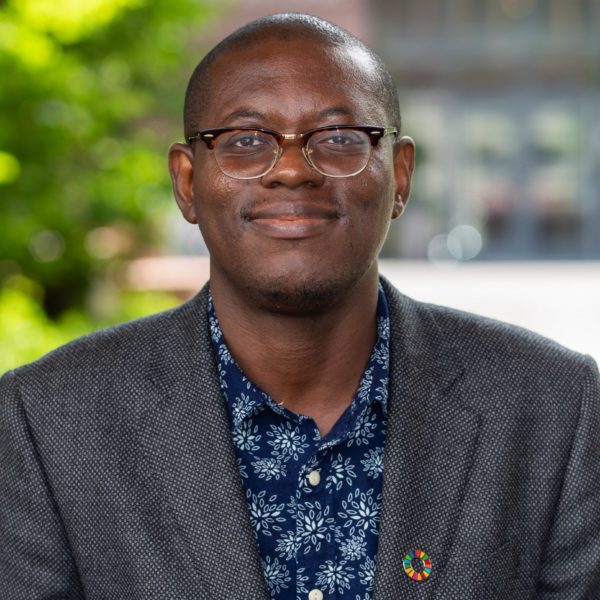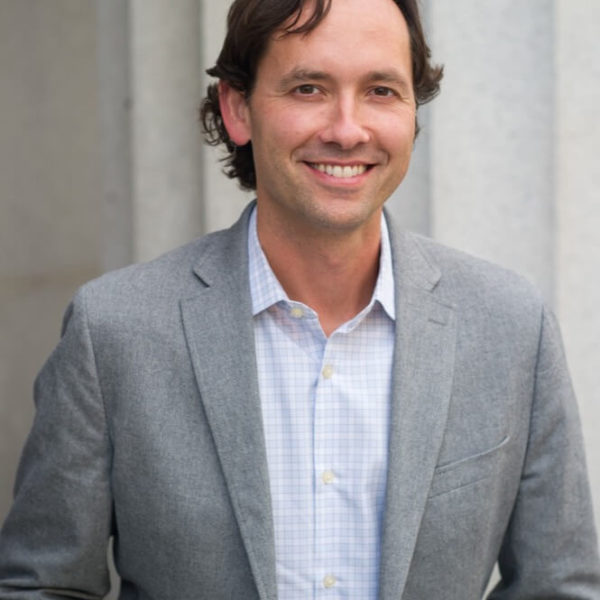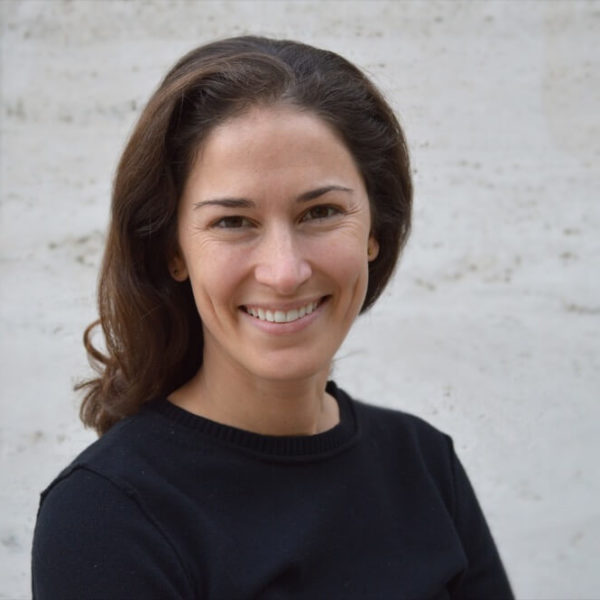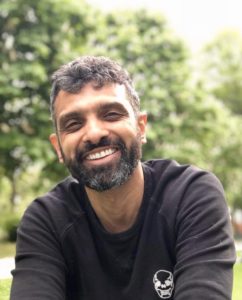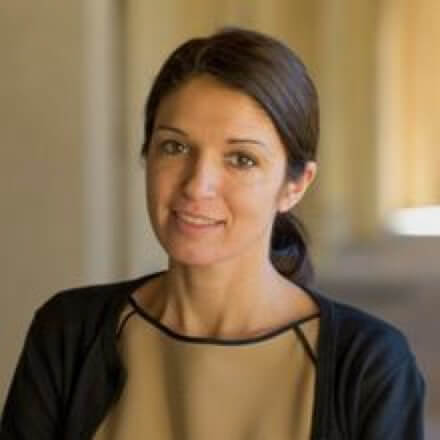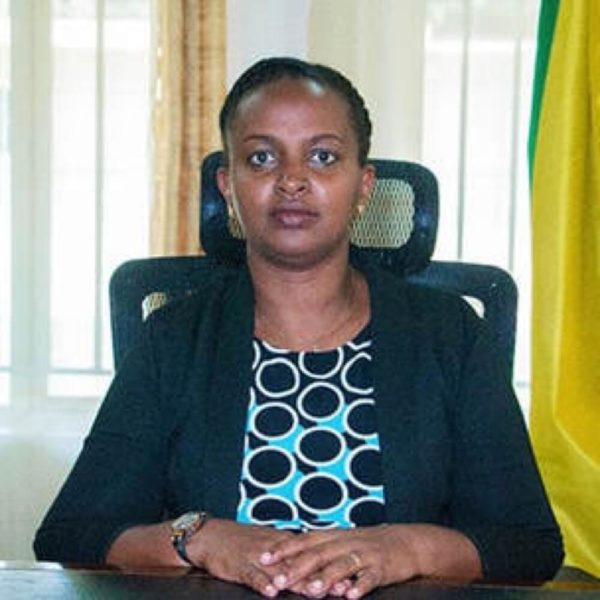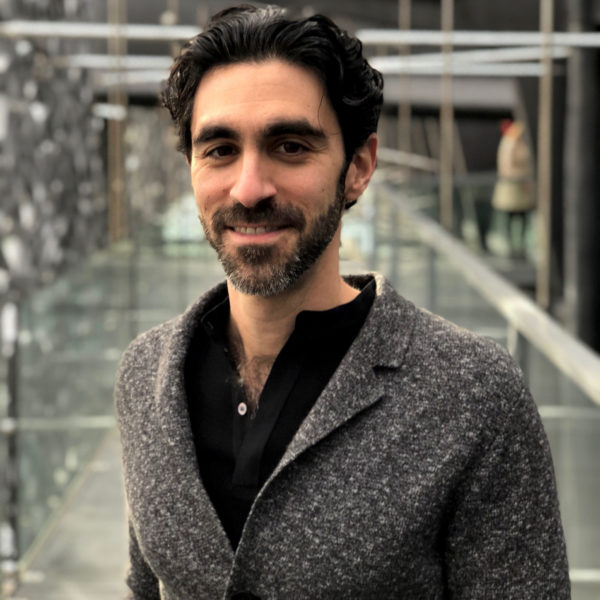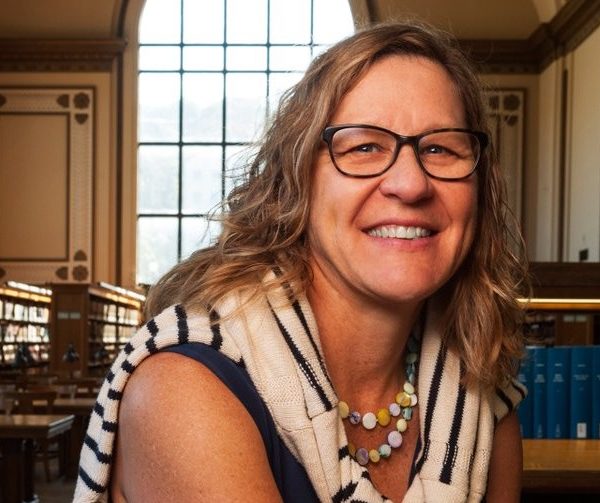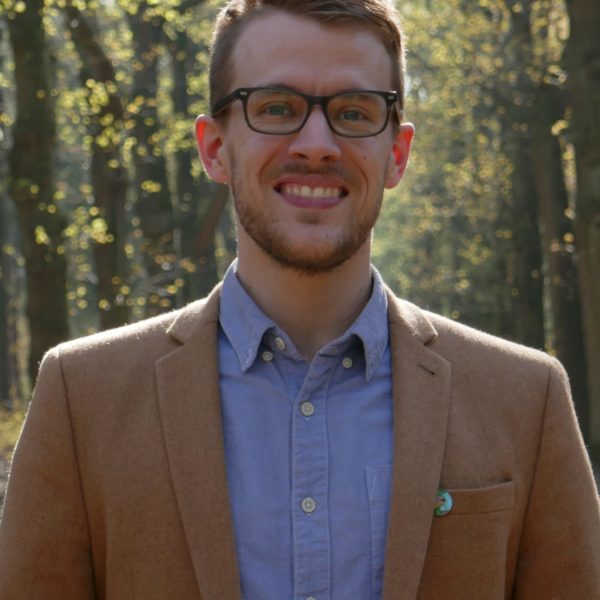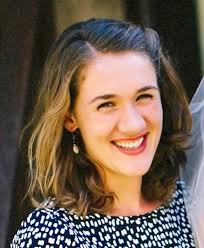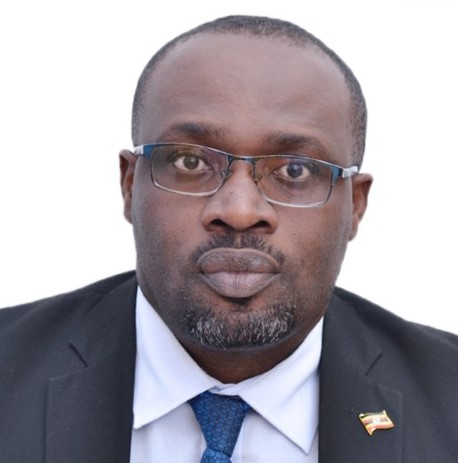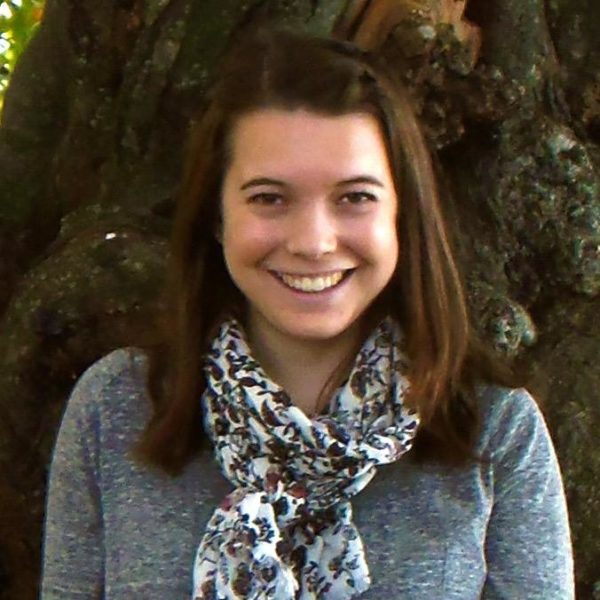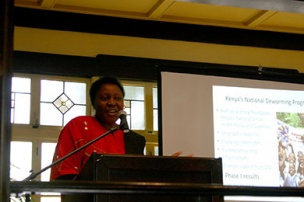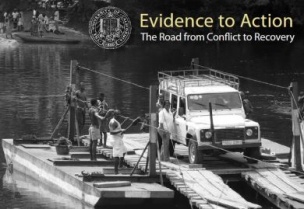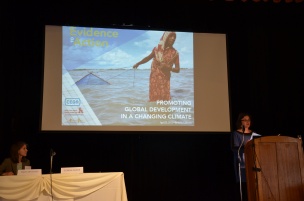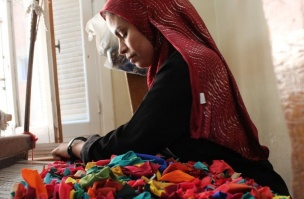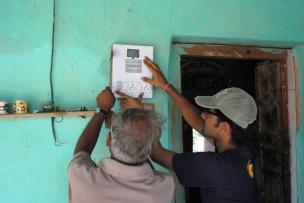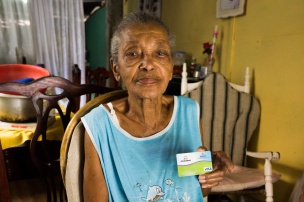Evidence to Action 2019: Innovations in Health Data and Measurement
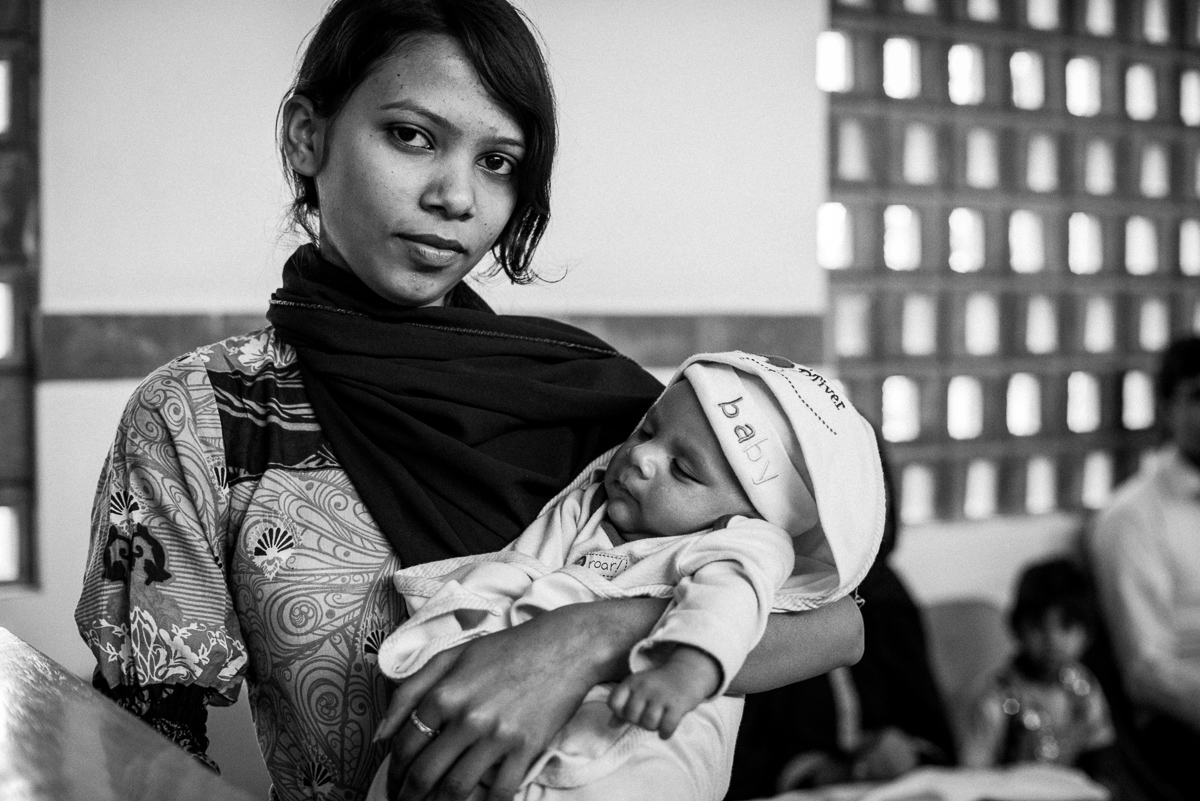
Child being vaccinated at the Indus Hospital Karachi Filter Clinic in Pakistan, where an Android phone-based immunization registry allows doctors to record and analyze program data in real time (photo courtesy of Andrew Weller).
Health is a stepping stone to achieving virtually all other human development goals. Yet we continue to face major obstacles in ensuring accessible, affordable, and high-quality health care, especially for people living in poverty. Thankfully, breakthroughs in the types of health data available, the interoperability of health datasets, and the analytical methods used to organize and process these data now enable far more timely and effective decision-making. Additionally, new cross-disciplinary collaborations are revolutionizing the way we understand, track, and respond to global health challenges.
Evidence to Action (E2A) 2019 highlighted the work of CEGA affiliated faculty, policy partners, and industry leaders using novel tools and methods to drive better health outcomes for people around the world.
Delivering the keynote for this E2A event was Bright Simons, President of mPedigree, a social enterprise working on three continents with governments, Fortune 500 companies and activists to safeguard human health and food security using technology. In 2016, Fortune Magazine named mPedigree one of the top 35 companies changing the world, and Simons as one of the World’s 50 Greatest Leaders. He is a graduate of Harvard University, and previously holder of Adrian Cheng and George Mallinckrodt fellowships at the same University.
The event also included talks by:
- Bilal Siddiqi (CEGA) on healthcare delivery during the Ebola outbreak in Sierra Leone
- Marcella Alsan (Harvard) and Asha Vitatoe (Mentoring in Medicine & Science) on doctor diversity and demand for health care in Oakland, California
- Craig McIntosh (UCSD) and Jeanine Condo (Rwanda Biomedical Center) on benchmarking a WASH and nutrition program against cash in Rwanda
- Hilary Hoynes (UC Berkeley) on the long-term impacts of food stamps for children
- Ziad Obermeyer (UC Berkeley) on diagnosing bias with machine learning
- Edward Miguel (UC Berkeley, CEGA) on the long-term impacts of childhood deworming in Kenya
- Pius Akankwasa (Office of the Prime Minister, Uganda) on using biometrics to monitor healthcare worker attendance in Uganda
- Maria Dieci (UC Berkeley) on how a supply chain platform manages drug inventory in small pharmacies in Kenya
- Julius Rüschenpöhler (CEGA) on opportunities for understanding the long-term impacts of child health interventions
- Monica Ellwood-Lowe (UC Berkeley) on how financial concerns affect the way parents speak with their children
- Mattie Toma (Harvard) on measuring the impact of sleep interventions in Chennai, India
This event was part of CEGA’s annual E2A series and marked our eleventh year as a global leader in economic development research.
Read the event roundup here.
